Unveiling the Intricacies of Your Skin's Microbiome: Part 2
29 March 2024
Welcome back, skincare aficionados, to the second instalment of our journey into the captivating realm of your skin's microbiome. In this segment, we'll delve deeper into the intricate web of microorganisms that inhabit your skin, exploring their diversity, functions, and the symbiotic relationship they share with you.
The Diversity Within: Exploring the Microbial Landscape
Your skin is a vast ecosystem, home to a myriad of microorganisms that coexist in harmony. From bacteria to fungi and even viruses, this diverse community forms a rich tapestry of life, each playing a unique role in maintaining skin health.
Bacterial Allies: Bacteria are the predominant inhabitants of your skin microbiome, with thousands of species calling your skin home. Among these, beneficial bacteria like Staphylococcus epidermidis and Propionibacterium acnes play crucial roles in regulating inflammation, combating harmful pathogens, and supporting skin barrier function.
Fungal Companions: Fungi, although less abundant than bacteria, are equally essential for skin health. Yeasts like Malassezia contribute to lipid metabolism, helping to maintain the skin's moisture balance. However, imbalances in fungal populations can lead to conditions like dandruff or fungal acne.
Viral Residents: Viruses, while often associated with illness, also inhabit your skin microbiome. Bacteriophages, viruses that infect bacteria, help regulate bacterial populations, contributing to the overall balance of your skin ecosystem.
The Skin-Gut Connection: Interestingly, your skin microbiome is intricately linked to your gut microbiome, forming what scientists call the gut-skin axis. Imbalances in gut health can manifest as skin issues, and vice versa. Maintaining a healthy diet rich in prebiotics and probiotics can support both your gut and skin microbiomes.
A Symphony of Interactions: Within this bustling ecosystem, microorganisms engage in a complex network of interactions. Some produce antimicrobial peptides that inhibit the growth of harmful bacteria, while others modulate immune responses, promoting skin healing and resilience.
Environmental Influences: External factors like climate, UV exposure, and skincare products can influence the composition and diversity of your skin microbiome. Understanding how these factors impact your skin ecosystem can help you make informed choices to support its health.
Caring for Your Skin's Microbiome: As we unravel the complexities of your skin microbiome, it becomes clear that nurturing this delicate ecosystem is essential for skin health. Gentle skincare practices, avoiding harsh ingredients, and incorporating microbiome-friendly products can help maintain a balanced and resilient skin microbiome.
Looking Ahead: In the final instalment of our series, we'll explore the emerging field of microbiome-targeted skincare, discussing innovative approaches and ingredients designed to support your skin microbiome's health and balance.
Stay tuned as we continue our exploration of your skin's hidden world, uncovering the mysteries of microbial life and unlocking the secrets to radiant, healthy skin from within. 🌿💫
Join us for Part 3, where we'll delve into the cutting-edge science of microbiome-targeted skincare and its transformative potential for your skin. Until then, embrace the beauty of your skin's microbial inhabitants and nurture the symbiotic relationship for glowing skin.

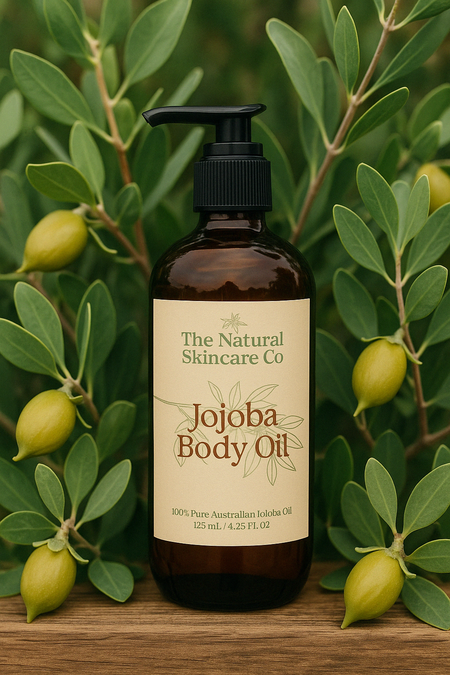
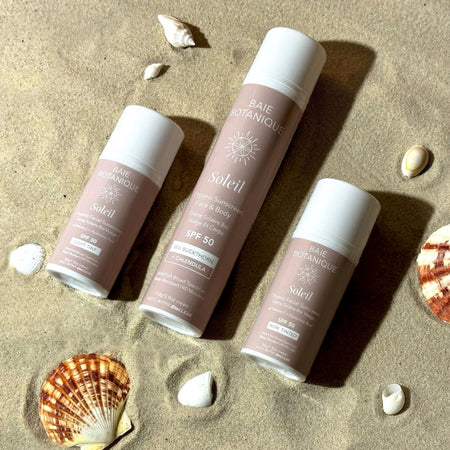
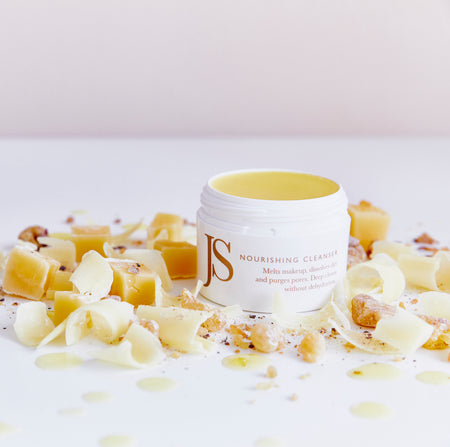
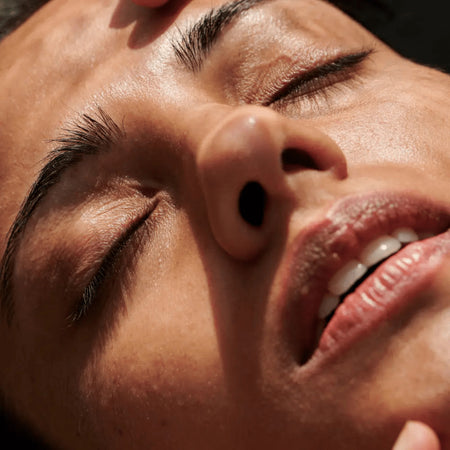
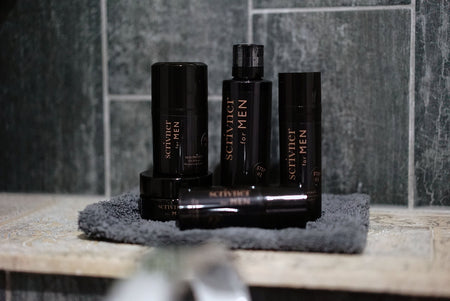
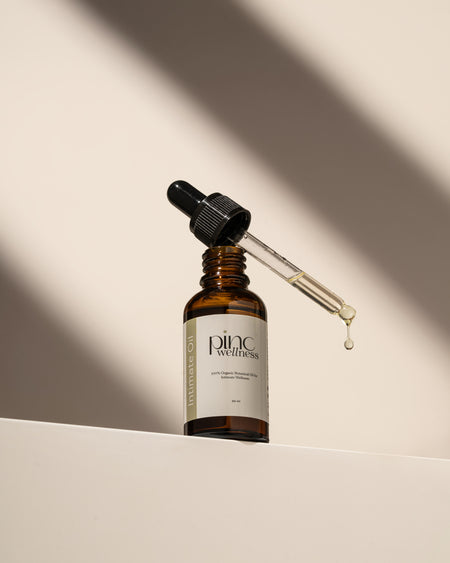
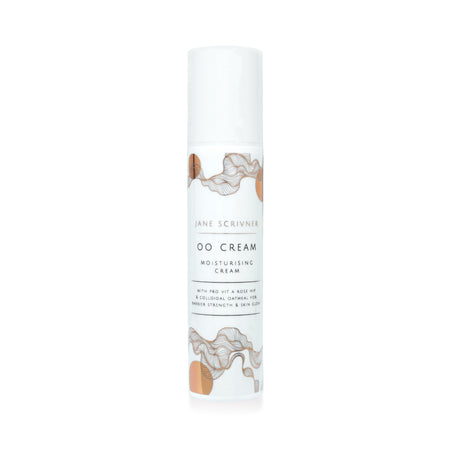
0 comments